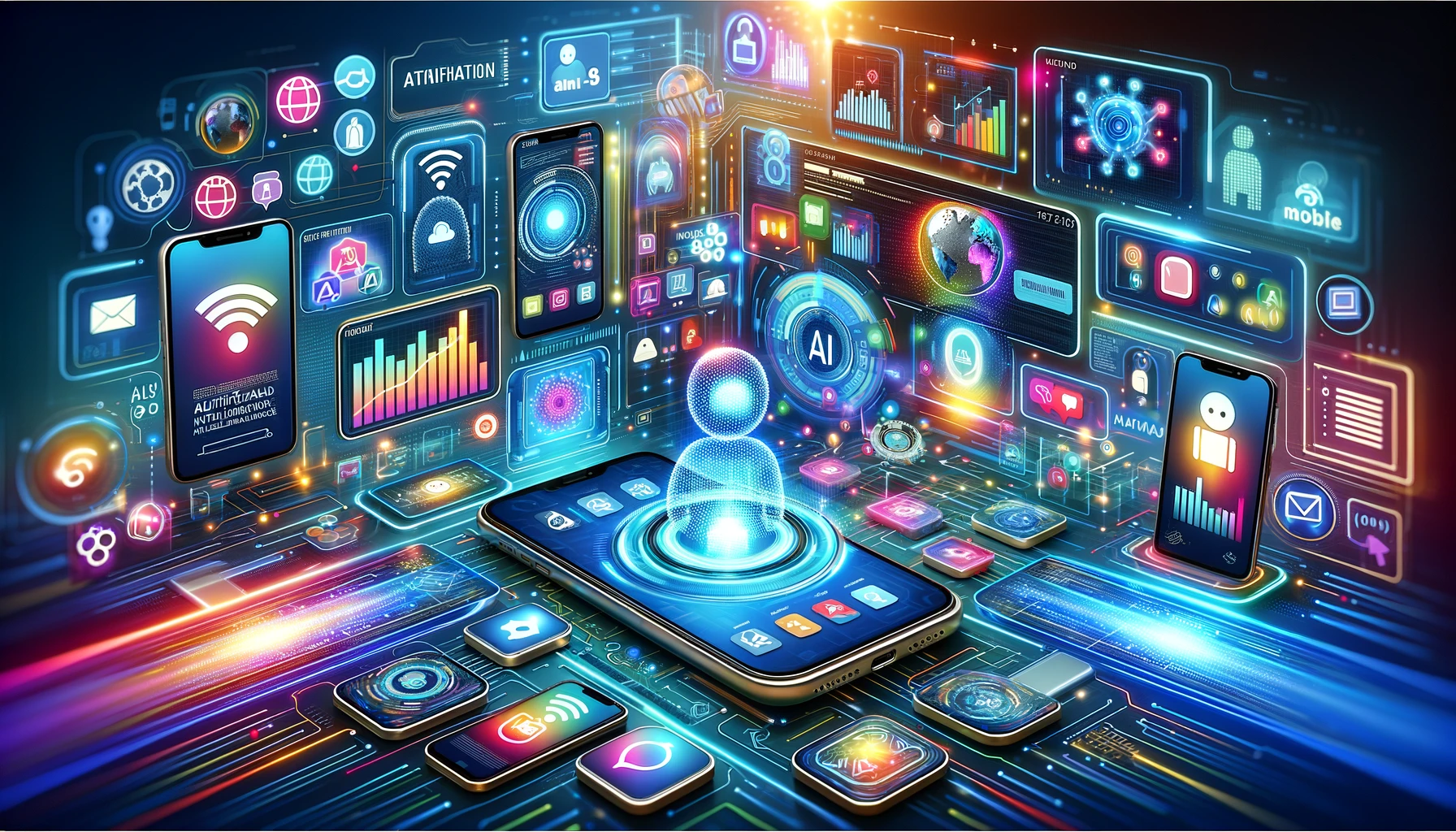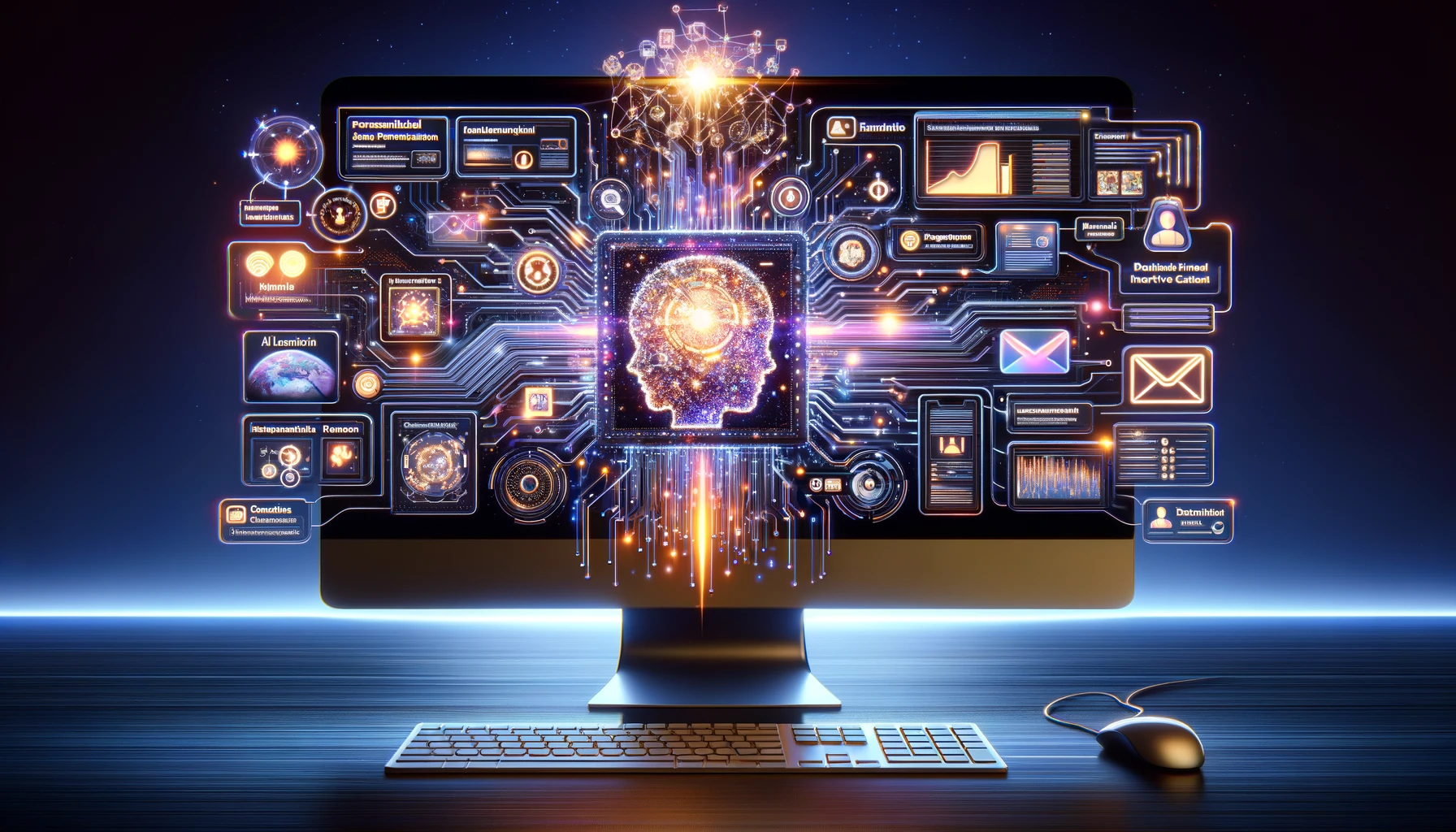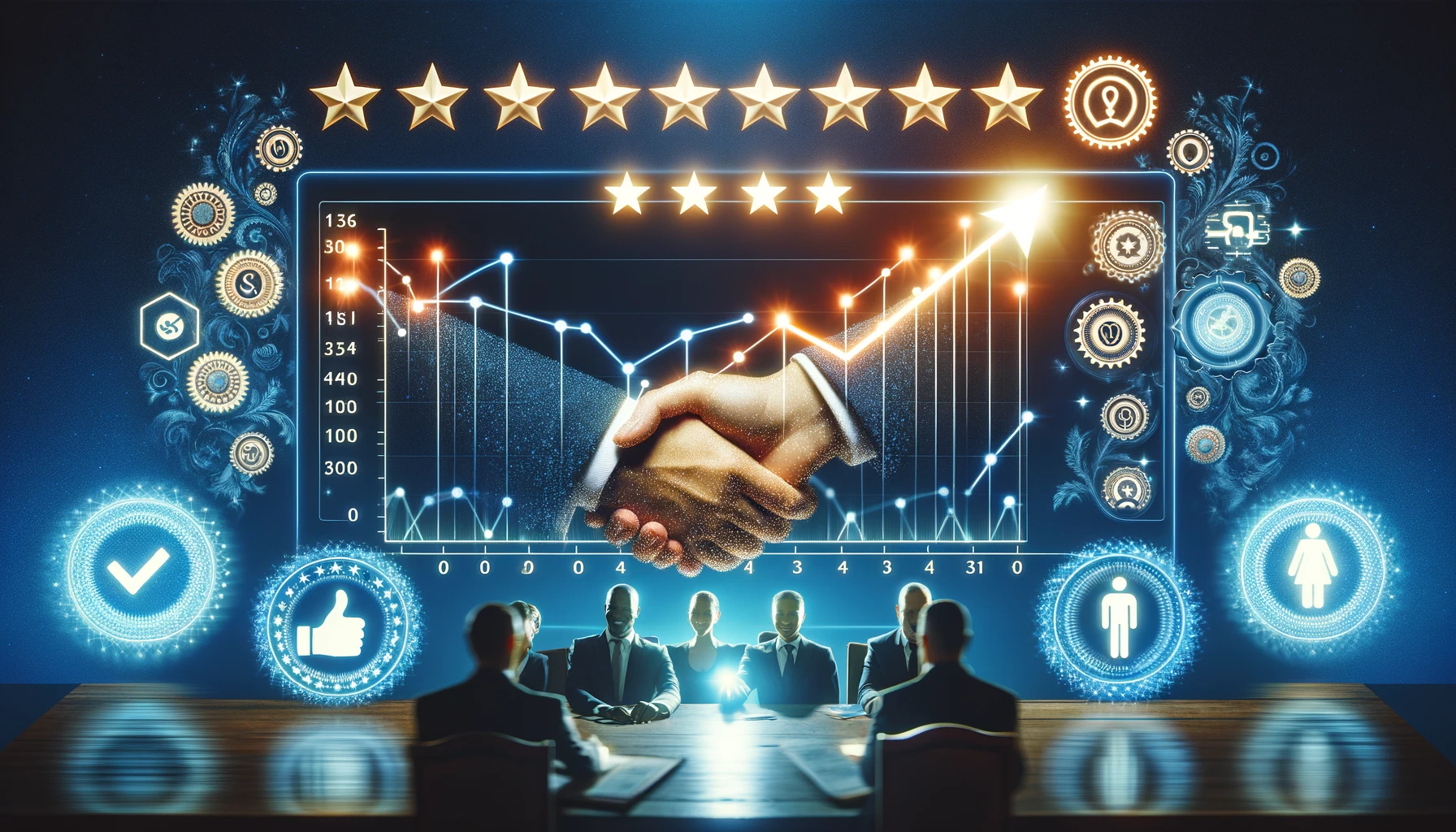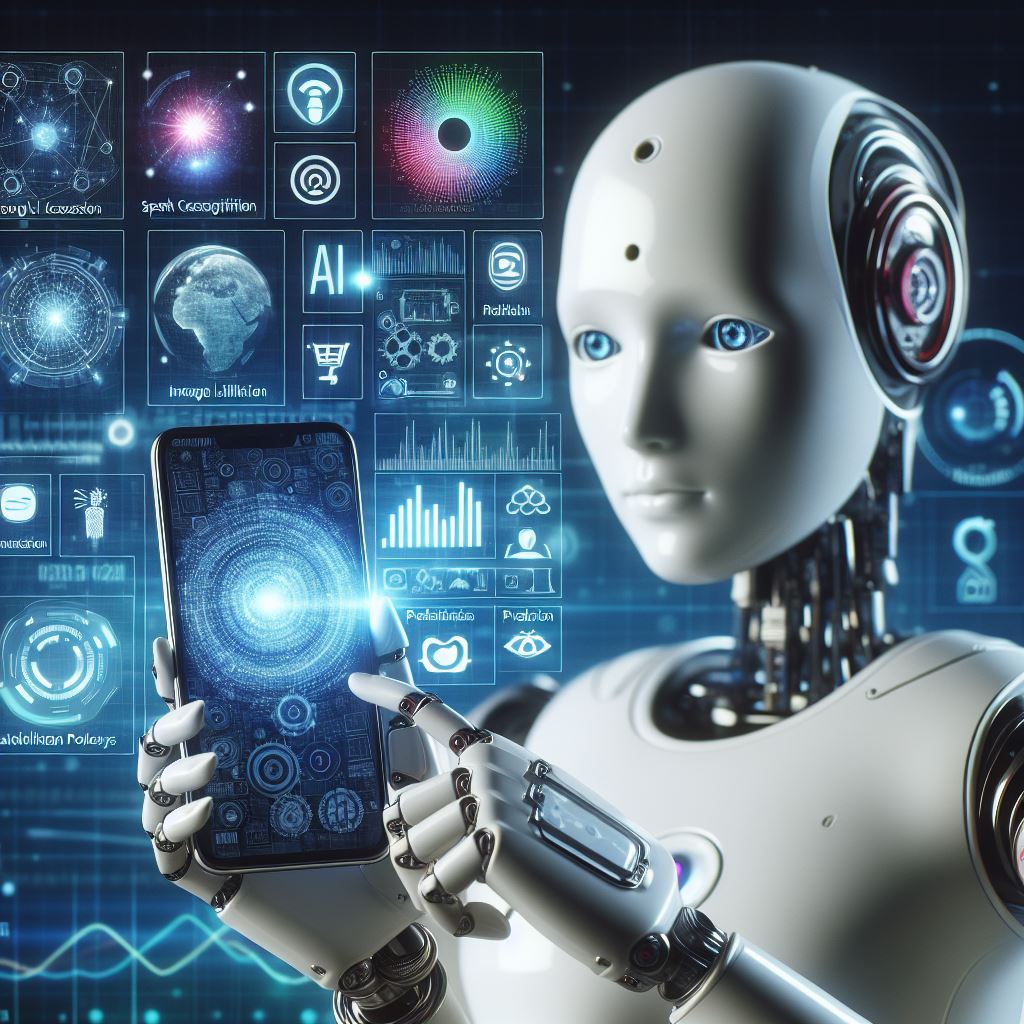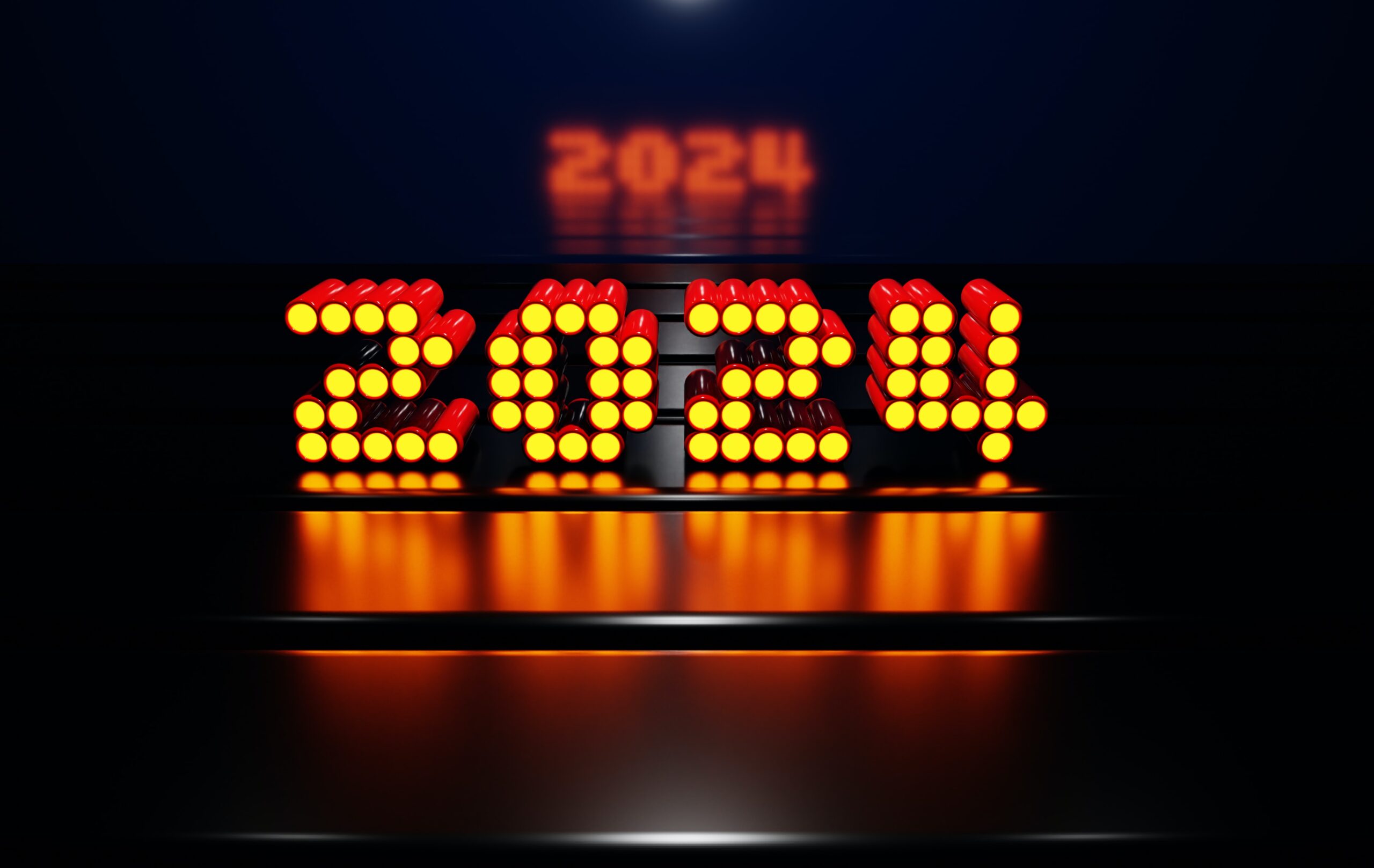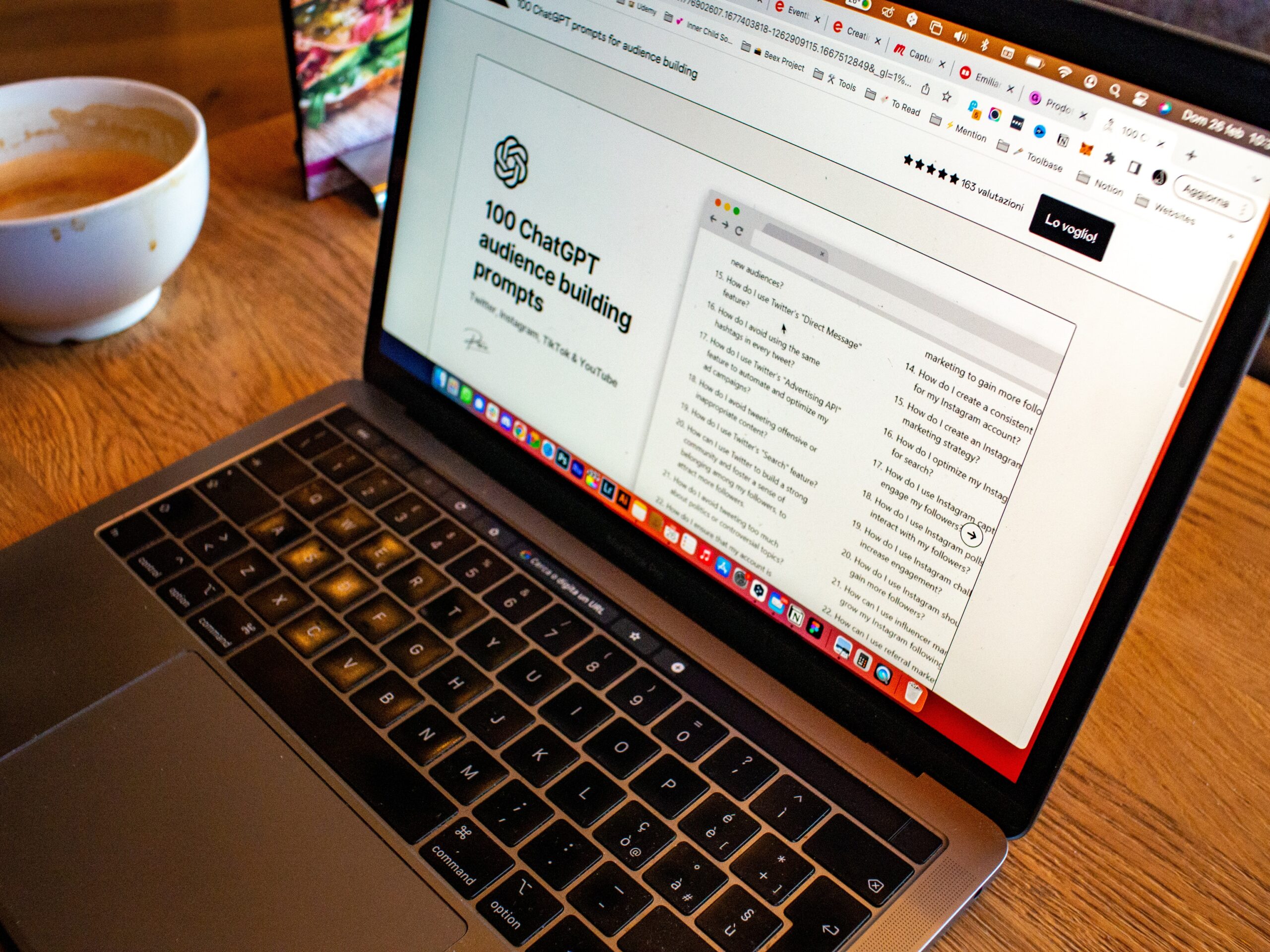With today's customers having almost limitless options from companies to patronize, the importance of strong advertising and marketing campaigns is now greater than ever. The emphasis is on designing campaigns that encourage leads and prospects to take actions that result in direct or future revenue for the brand. Landing pages, standalone web pages that receive traffic from marketing campaigns, have become critical to increasing conversions and generating leads. As a result, marketing professionals are constantly looking for methods to optimize these important pages to maximize the effects. If used efficiently, artificial intelligence is the obvious choice today to improve your brand's landing page.
LANDING PAGES: OVERVIEW AND IMPORTANCE IN ECOMMERCE
Landing pages are web pages created specifically for a particular advertising or marketing campaign. It's that page traffic is directed to by clicking on links strategically placed on social media, emails, Google ads, web pages, and other campaigns. A landing page is designed to convert visitors by making them take a final action, such as signing up for a newsletter, filling out a contact form, or completing a purchase. Therefore, it only has one call-to-action, which sets it apart from the homepage of a website that often has several side attractions.
Landing pages are important for several reasons ecommerce. Some of the top four reasons why ecommerce brands should invest in these pages are:
MORE CONVERSIONS
A landing page is designed for a specific marketing campaign, and all elements of the page — content, design, and CTA — are crafted to align with the campaign's primary goal. This targeted structure increased the chances of the page converting visitors. According to HubSpot, an increase in landing pages from 10 to 15 can lead to a 55% increase in leads, and this metric demonstrates their undeniable impact on conversions.
CAPTURE Elevated PIPE
Lead generation is important for acquiring more customers and increasing sales. A landing page with a lead generation form is crucial for capturing leads and starting the strategic process of converting them into customers.
VALUABLE SOURCE OF INSIGHTS
Landing pages provide valuable data for generating actionable insights. They are especially important for marketers who want to track the performance of their campaigns. By assessing data such as bounce rate and time spent on the page, marketing personnel can gauge the efficiency of their marketing or advertising campaign and adjust their strategies accordingly.
INCREASED PROFIT MARGINS
Landing pages improve a brand's monetization potential, especially when optimized. As mentioned earlier, they improve conversion rates, potentially increasing the number of paying customers. In addition, a landing page optimized for relevance and user experience has a higher quality score, resulting in a lower cost per click. By reducing costs, ecommerce brands will achieve a better ROI, increasing profits.
THE ROLE OF ARTIFICIAL INTELLIGENCE IN OPTIMIZING LANDING PAGES
Artificial intelligence has many aspects of digital marketing improved enormously, and landing pages are certainly no exception. By using powerful data processing, machine learning algorithms and automation capabilities, you can AI helping companies create higher quality landing pages, improve ad performance, reduce costs and ultimately push brands towards their goals and objectives.
There are many ways AI can help optimize your next landing page. Here are four such ways:
PERSONALIZED LANDING PAGES
Personalization remains a critical part of digital marketing and ecommerce, and AI plays a vital role in landing page personalization. Machine learning algorithms can analyze visitor data such as demographics, browsing history and behavior and use the insights to generate personalized content for the user, especially product recommendations. Similarly, AI can be used to promote a dynamic pricing strategy by adjusting the landing page price in real time using visitors' browsing data.
It is important to create a landing page that is highly relevant to the visitor as this improves engagement rates. Highly engaged customers are more likely to spend more time interacting with the page, increasing the likelihood of conversions. In addition, AI will continuously learn from visitor data to make suggestions for optimizing landing page content and layout to deliver more personalized experiences to more prospects.
ADVANCED A/B TESTING
A/B testing, also known as split testing, has always been a common technique to optimize landing pages. Here, two or more versions of a landing page with variations in elements such as headlines, CTAs, design, or images are created and tested among different segments of the target audience to determine which version produces the best results. AI can significantly improve the A/B testing process for even more accurate experiments and results using various techniques.
AI can automate the testing process by automatically generating and testing different variants of landing pages. In addition, AI can analyze visitor behavior patterns such as time spent on the page, click and scroll patterns, and other similar data to identify hidden patterns and trends. The insights can then be used to automatically optimize the landing page elements for better performance. This optimization can also be performed in real time and machine learning can provide continuous optimization by learning from historical data. Finally, natural language processing can analyze the tone and sentiment used in landing page headlines, body text, and CTAs and instruct marketers to improve the content's suitability for audiences.
AI-POWERED CHATBOTS
Including chatbots on landing pages is still relatively recent, but is already delivering excellent results. Landbot ran an experiment of creating a landing page chatbot and quickly increased the landing page conversion rate from 3% to 9.6%. The main reason for this increase is that chatbots improve customer engagement thanks to their 24/7 availability and faster response times. Chatbots can reduce bounce rates and improve the user experience by answering customer questions, all with minimal human intervention.
The effect is further enhanced when the chatbots are AI-powered. For example, natural language processing can analyze the intent and sentiments in customer questions and comments and use the insights to generate more appropriate responses. AI powered chatbots can also collect valuable data during conversations. The data can be used to personalize later interactions or adjust aspects of the landing page or marketing campaign for better conversion rates. For example, if visitors repeatedly ask the chatbot a certain question about the product being advertised, AI can use that insight to customize the landing page copy with answers to the question. Such actions improve the user experience and inspire visitors to take the desired actions.
HEATMAP ANALYSIS
Heatmaps provide a visual representation of visitor activity on a web page. It shows the areas of a page that get the most attention and the areas that are ignored. This AI-powered technique can be applied to optimize landing page design and layout for better performance. It provides real-time data on visitor behavior on the landing page and reveals trends and patterns that marketers can use to improve the page.
For example, if the user's attention is diverted from the main conversion goal, this may be an indication to move the layout so that the CTA button is closer to the page element that is the source of the distraction. It may also be an indication to redesign the entire page to match the visual appeal of the page element most visitors are targeting. The results of the heat map analysis enable marketers to make data-driven decisions on ways to improve landing page structure, increasing the likelihood of conversion.
In short, landing pages are critical to the success of any marketing or advertising campaign hence the need to focus efforts on optimizing them for better results. The robust capabilities of AI can be applied to achieve this optimization goal using machine learning, natural language processing, and other techniques mentioned above. That's why it's advisable to incorporate AI into your landing page optimization strategy to achieve conversion rates well above your industry's average.


